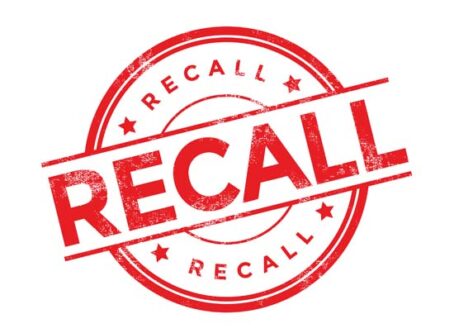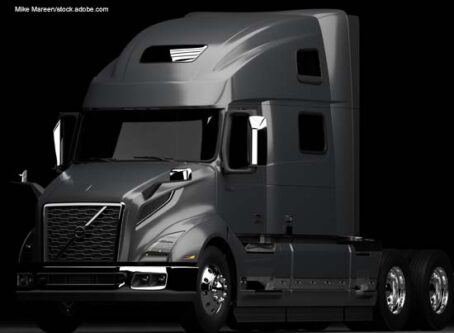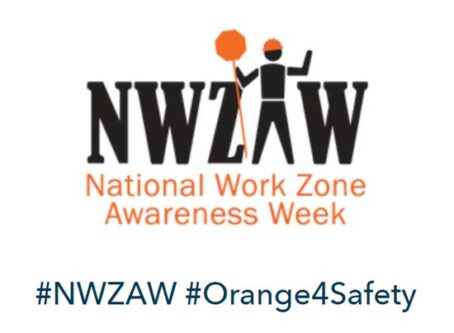OOIDA: Results of military pilot program shouldn’t be used to reduce minimum driving age
In comments to the FMCSA regarding a pilot program that would allow young military veterans to drive in interstate commerce, the Owner-Operator Independent Drivers Association said it hopes the program will be used to benefit veterans rather than as a test case for reducing age requirements.
In July, the FMCSA issued a notice of proposed information collection regarding a pilot program to allow truck drivers with military experience aged 18, 19, and 20 to drive in interstate commerce. Currents regulations require drivers to be at least 21 years old in order to operate a commercial motor vehicle across state lines.
OOIDA filed its formal comments about the pilot program on Sept. 4.
“OOIDA is proud to have approximately 50,000 military veterans as members and supports government initiated programs that promote veterans entering the trucking profession,” the Association wrote. “OOIDA agrees that military experience often lends itself to a successful career within the industry. However, we have some reservations about lowering the age of drivers to address a perceived driver shortage.”
While ATA and others continue to talk about the trucking industry facing a driver shortage, OOIDA contends that the problem has to do with large fleets’ inability to retain drivers. A recent report from the ATA said the turnover rate for large truckload carriers was 94 percent.
Without a shortage, there appears to be little justification for reducing the general age requirement.
“Previous research has shown that most drivers under the age of 21 ‘lack the general maturity, skill and judgment that is necessary in handling commercial motor vehicles,’” OOIDA wrote. “While military experience may offset these scientific findings, the structure of the proposed pilot program will make it difficult to determine safety performance of under-21 veteran drivers compared to the rest of the industry.”
OOIDA said of the shortcomings of the program include the small size of the study groups, and a slant toward large carriers. The Association also suggested that the program’s data should be evaluated by an independent third party before analysis by the working group.
“Any findings from this pilot program should only be used to infer the success or failure within the scope of veteran drivers,” OOIDA wrote. “The results should not be applied to any broader efforts at lowering the minimum driving age.”









